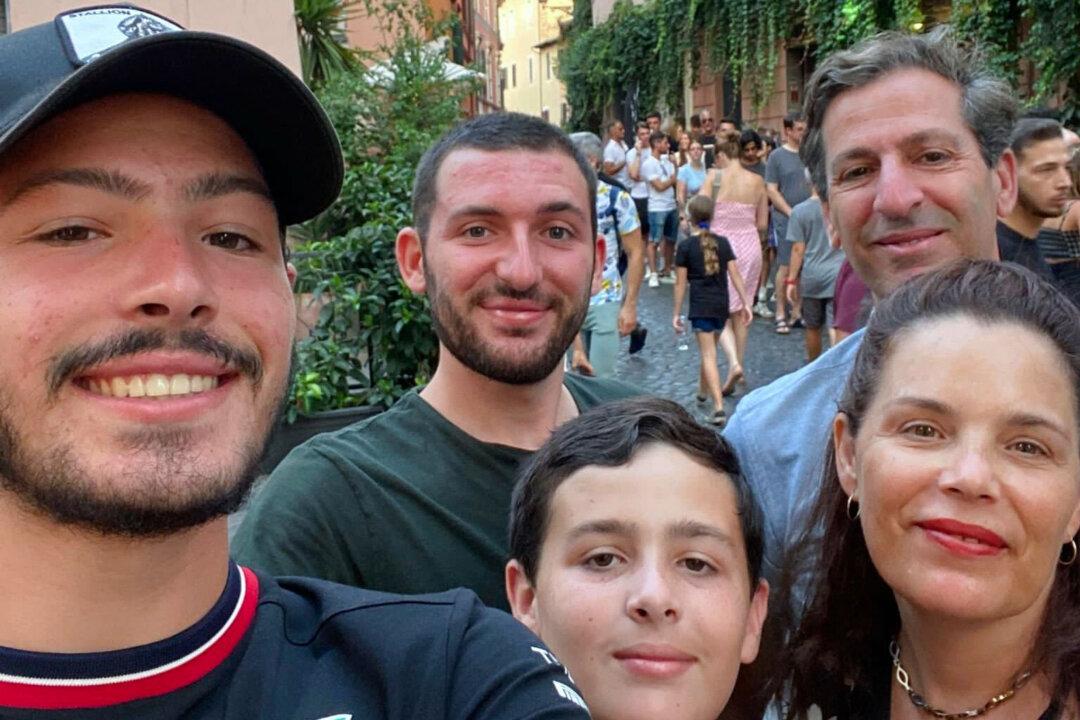The families of Israel’s hostages say that with the killing of Hamas leader Yahya Sinwar, now is the time for Israel to negotiate a deal and bring home the hostages still being held by Hamas.
Sinwar, mastermind of Hamas’s Oct. 7, 2023, attack on Israel that started the current war, was killed on Oct. 16 in the Tel Sultan neighborhood of Rafah in the southern Gaza Strip, close to the Egyptian border.





